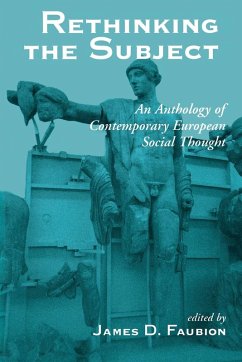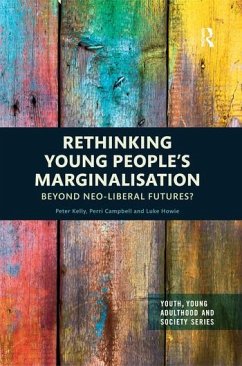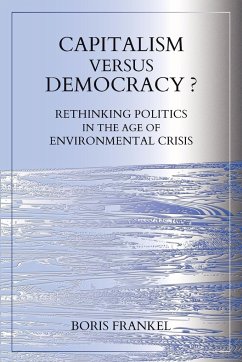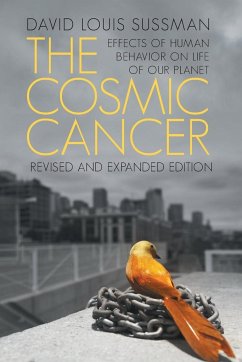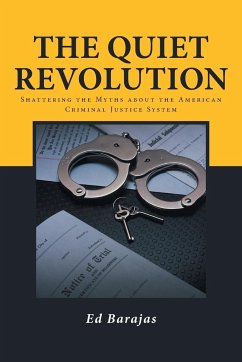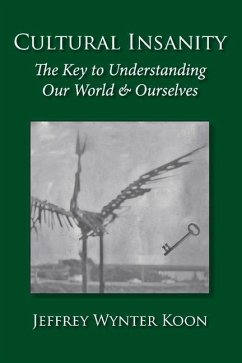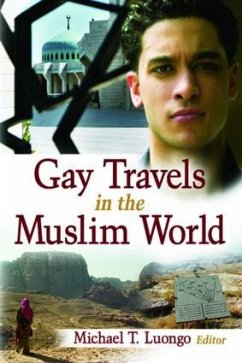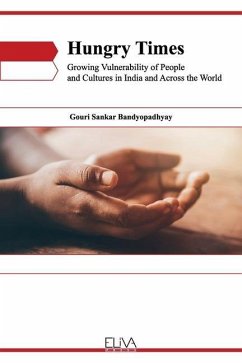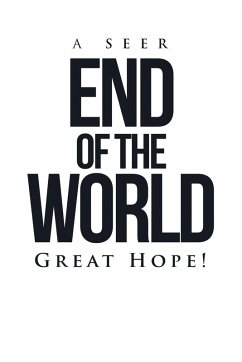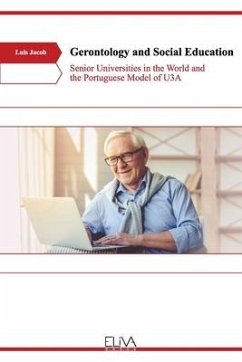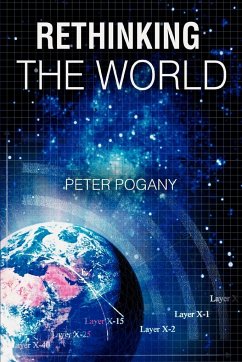
Rethinking the World

PAYBACK Punkte
10 °P sammeln!
The post-Marxian, new historical materialism described in this book breathes new life into our comprehension of the world. A 200-year perspective on modernity tells us that an all-embracing physical phenomenon holds humankind in its grip. History has recorded two distinct global systems thus far: "laissez faire/metal money," which spanned most of the 19th century and lasted until the outbreak of World War I, and "mixed economy/weak multilateralism," which began after 1945 and exists today. The period between the two systems, 1914-1945, was a chaotic transition. This evolutionary pulsation is w...
The post-Marxian, new historical materialism described in this book breathes new life into our comprehension of the world. A 200-year perspective on modernity tells us that an all-embracing physical phenomenon holds humankind in its grip. History has recorded two distinct global systems thus far: "laissez faire/metal money," which spanned most of the 19th century and lasted until the outbreak of World War I, and "mixed economy/weak multilateralism," which began after 1945 and exists today. The period between the two systems, 1914-1945, was a chaotic transition. This evolutionary pulsation is well known to students of thermodynamics. It corresponds to the behavior of expanding and complexifying material systems. The exhaustion of oil and other natural resources is pushing the world toward a third global system that may be called "two-level economy/strong multilateralism." It will be impossible to get there without a new chaotic transition. No repeated warnings, academic advice, moral advocacy, inspired reforms, or political leadership can provide a shortcut around it. But if it took "1914-1945" to make a relatively minor adjustment in the global order, what will it take to make a major one?



